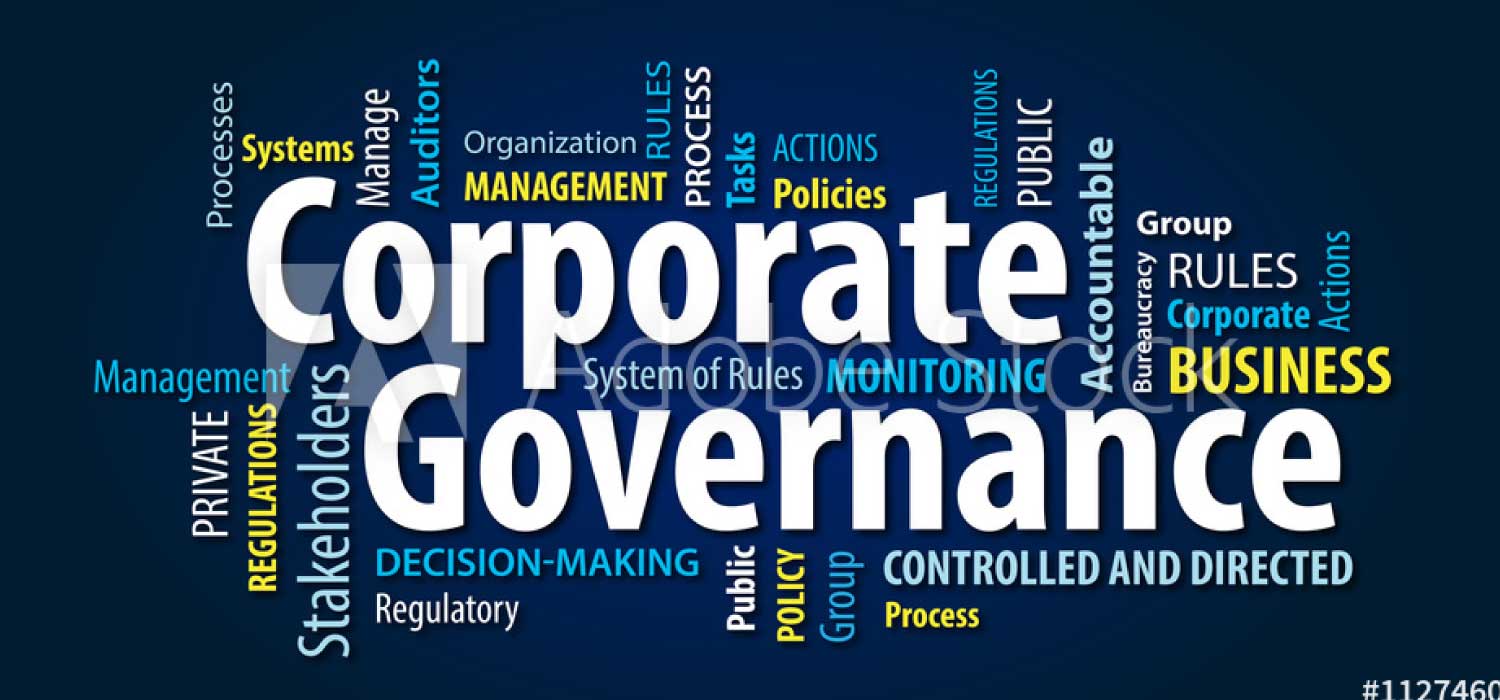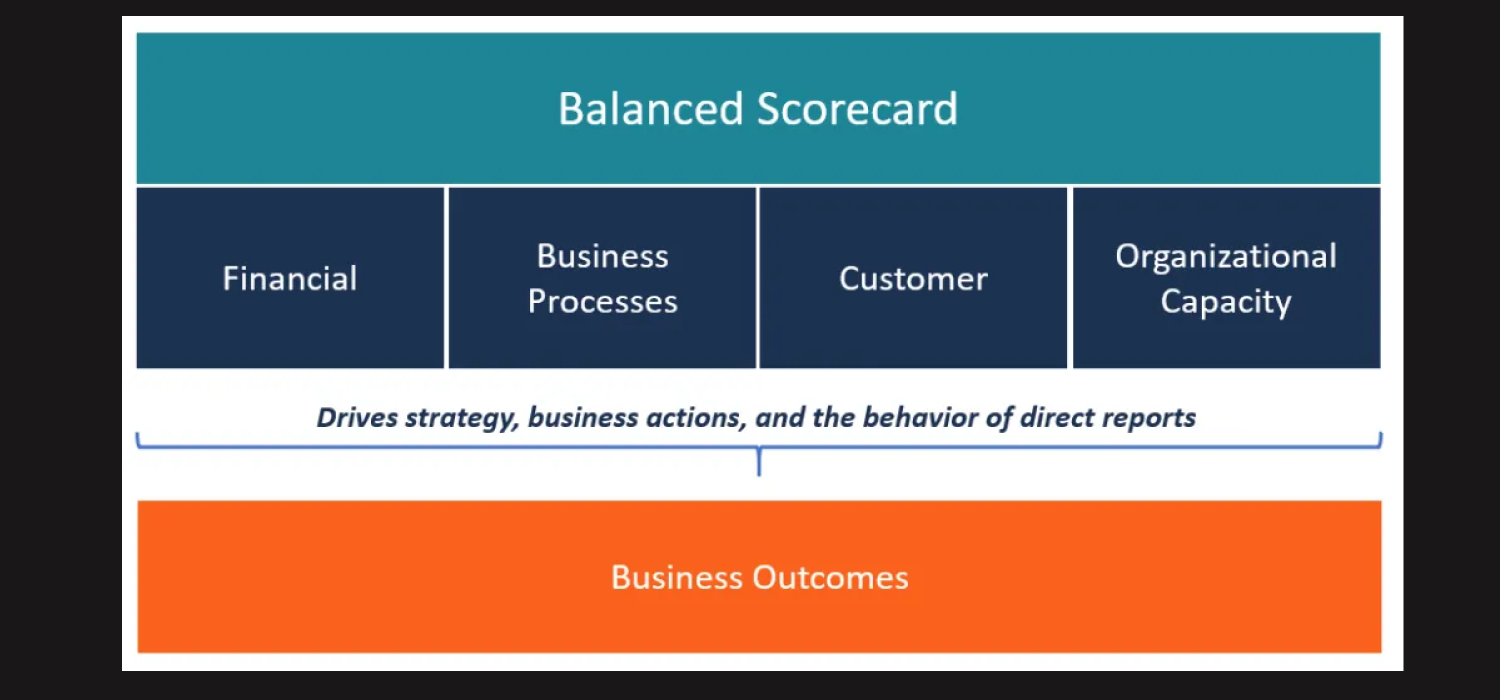Digital Marketing Skills
Digital Marketing Skills
Digital marketing is the practice of promoting products or services using digital channels such as websites, search engines, social media, email and mobile apps.
Marketing refers to the activities and strategies that businesses use to promote their products or services to customers.
Digital marketing skills are a set of abilities and knowledge that enable individuals to effectively promote products or services using the internet and digital platforms.
Examples of digital marketing skills
- Search Engine Optimization (SEO
- Content marketing
- Social media marketing
- Pay-Per-Click (PPC) advertising
- Email marketing
- Data Analytics
- Conversion Rate Optimization (CRO)
- Influencer marketing
- Mobile Marketing
- Marketing automation
- Video Marketing
- Affiliate marketing
- Website design and user experience (UX)
- Online advertising and media buying
- Marketing strategy and planning
Objectives of the Training
- Increase online visibility
- Drive targeted traffic
- Boost brand awareness
- Generate quality leads
- Improve customer engagement
- Optimize marketing campaigns, website design and user experience to encourage visitors to take desired actions such as making a purchase or filling out a form.
- Enhance customer retention
- Maximize Return on Investment (ROI)
- Analyze and utilize data
- Keep pace with industry trends
- Build brand authority
- Expand market reach
- Enhance online reputation
- Foster brand advocacy
- Drive business growth
Who should acquire digital marketing skills?
- Small business owners
- Marketing professionals
- Entrepreneurs and startups
- Freelancers and consultants
- E-commerce store owners
- Content creators
- Public relations professionals
- Nonprofit Organizations
- Sales professionals
- Career switchers and job seekers
By acquiring digital marketing skills, you can effectively reach and engage your target audience, drive online visibility and growth and stay ahead in today’s competitive digital landscape. Book your slot by contacting us via this email address info@suitablenetwork.com. You can as well send us a WhatsApp message on +254722717744.









